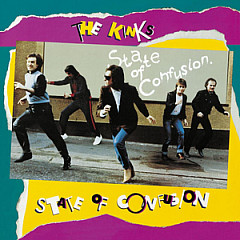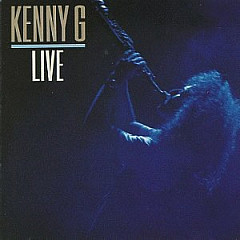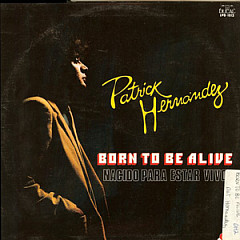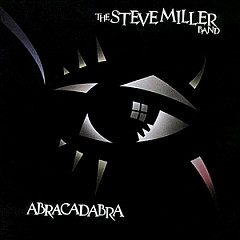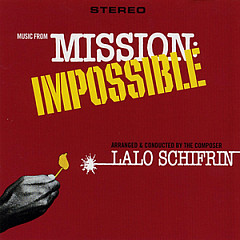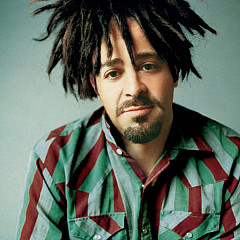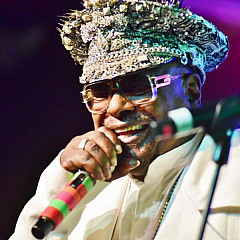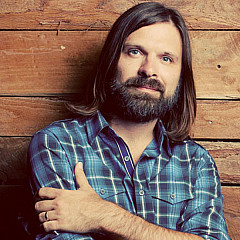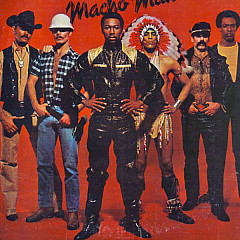This motivational anthem was recorded by John Legend and Common for the American historical drama film Selma. The movie recounts the three 1965 Selma to Montgomery voting rights marches that lead to President Lyndon Johnson signing the Voting Rights Act of 1965.
The ballad resonates with both the film and current social unrest. Common references in the first of his two verses Michael Brown's August 2014 shooting by a white police officer in Ferguson, Missouri as a counterpart to the historical events the movie chronicles.
One son died, his spirit is revisitin' us
Truant livin' livin' in us, resistance is us
That's why Rosa sat on the bus
That's why we walk through Ferguson with our hands up
"This is not only for paying honor to those who lived in these times during the '60s, but also really relevant to today," Common told Billboard magazine. "You can look at what's going on in Ferguson, and it's not a far comparison to what happened to Jimmy Lee Jackson during the time of the civil rights movement that is shown in the film. So I really was thinking about encouraging people that we've come a long way, but we've still got some fighting to do, and we are capable. We've got to carry this torch and take it to the next level."
It was Common's idea to bring Legend aboard for the song's hook. "One day I was sitting in my bedroom and I thought, 'Man, John Legend would be the perfect voice to combine with to tell this story.' He was in London when I reached out to him, and I told him everything about Selma in about a five-minute conversation, because he was preparing for a show," the rapper recalled. "He said he wouldn't be back in L.A. for a minute but said he could go in the studio on a day off and come up with some ideas."
Legend sent him back a piano demo of the chorus, leaving Common to come up with the verses.
There is no percussion on the tune as Common wanted it to encompass classic protest song elements. "This is not a rap song," he maintained. "It's a beautiful song like the way when you heard Bob Dylan or Stevie Wonder singing songs or John Lennon doing '
Imagine.' I wanted people to really hear what was being said. We don't have a drumbeat to it. It's just vocal, piano and an orchestra arrangement. We wanted it to have an intimacy, but for it to be majestic, because it's for Dr. King."
This won Best Original Song at the 2015 Golden Globe Awards. Common said in his acceptance speech: "As I got to know the people of the Civil Rights Movement I realized I am the hopeful black woman who was denied her right to vote. I am the caring white supporter killed on the front lines of freedom. I am the unarmed black kid who maybe needed a hand, but instead was given a bullet. I am the two fallen police officers murdered in the line of duty. Selma has awakened my humanity."
-
John Legend told Billboard magazine the story of the song. "Common came to me and he said, 'We need a song for the end title,'" he recalled. "And I didn't have any expectations beyond trying to write a great song that fits the film and honors the subject matter, which was really important for me."
"We wanted something powerful that captured the social importance of the movement and of the film, and he suggested a few titles to me, one of which was 'Glory.' And that was the one that felt most resonant to me for a chorus to build on," Legend continued. "One day I was in London with a few hours off thinking about the idea of glory, and started singing this chorus I had already started sketching. And I recorded the piano and the vocal and sent it to Common."
"I wanted something that tied the spirit of Selma with what was happening in the streets at the time we were writing," he concluded, "which was people protesting in Missouri and eventually New York about injustice and police brutality."
Legend and Common sang this song to close out the Grammy Awards in 2015.
This won the Oscar for Best Original Song in 2015. When Common and John Legend performed it at the ceremony, it got a rousing reception, with some in the audience moved to tears. In accepting the award, both artists spoke about the march from Selma and its impact today. Legend quoted Nina Simone, saying, "It's an artist's duty to reflect the times in which we live." He added: "We wrote this song for a film that was based on events that were 50 years ago, but we say that Selma is now, because the struggle for justice is right now."
Adding to its list of awards, this picked up Best Song Written For Visual Media at the 2016 Grammy Awards ceremony.

